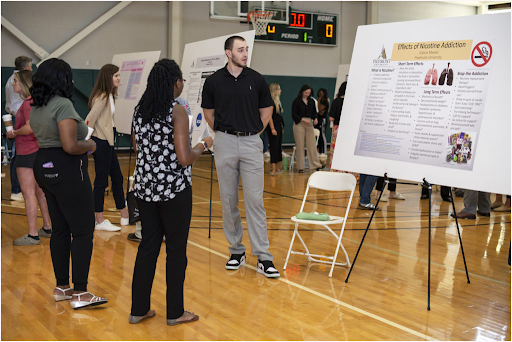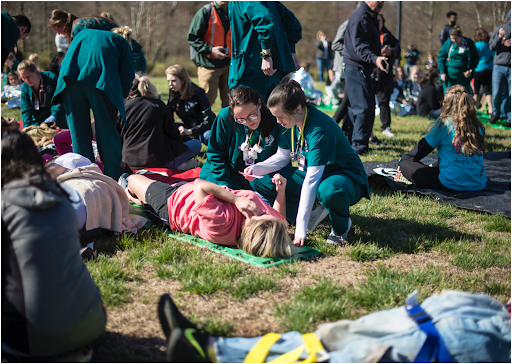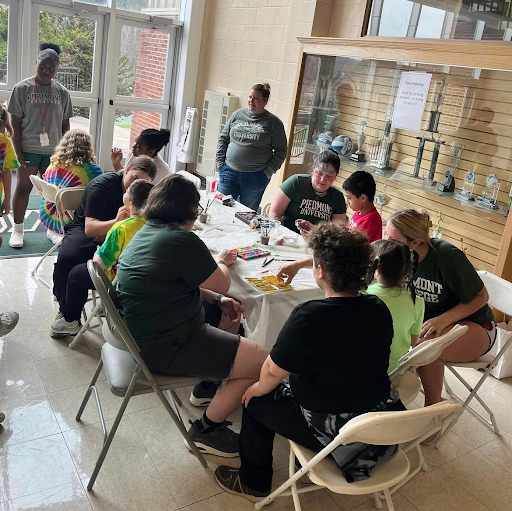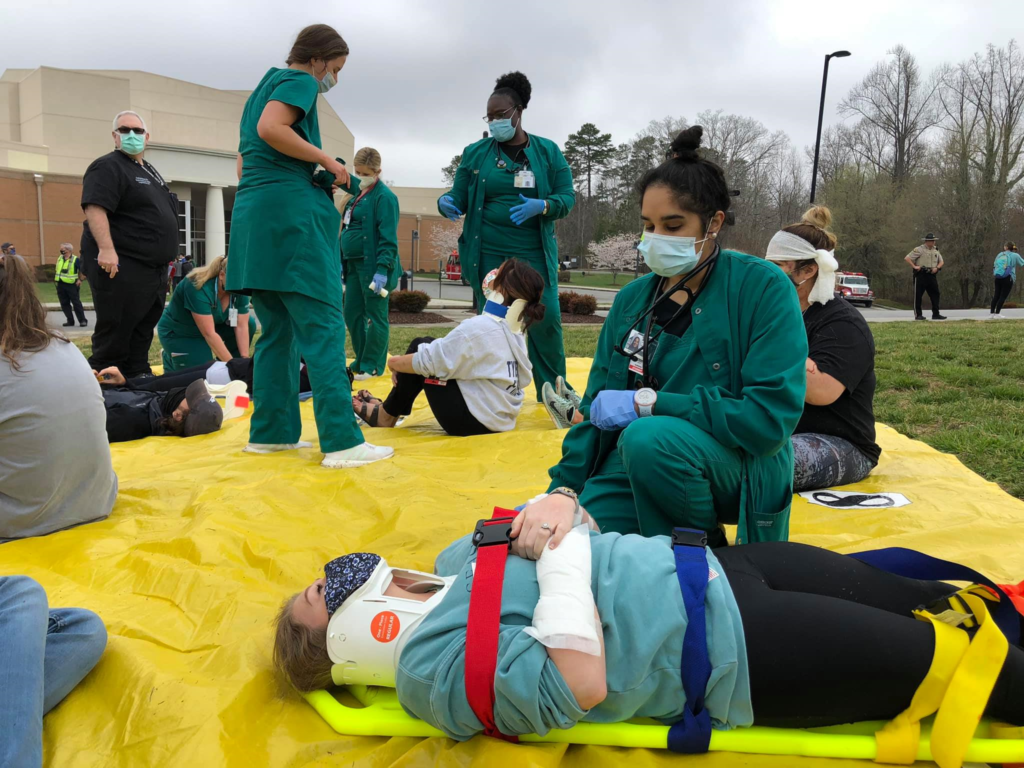By MEGAN STUDDARD
Editor-in-Chief
The federal government has shifted its focus to campus sexual assault.
According to a Jan. 23 article from The Chronicle, President Barack Obama created the White House Task Force on Protecting Students from Sexual Assault, emphasizing better campus policies on sexual assault/rape.
This government agency will work with colleges across the United States to present best practices for prevention and response, ensure that institutions fulfill legal obligations on reporting and responding to sexual assault and broaden public awareness.
According to the official White House memo, “studies show that about one in five women is a survivor of attempted or completed sexual violence while in college.”
At Piedmont, according to statistics required by the Clery Act, there have been two on-campus, forcible sexual offenses in the past three years– one in 2010 and one in 2011. A forcible sexual offense is defined as, “any sexual act directed against another person, forcibly and/or against that person’s will; or not forcibly or against the person’s will where the victim is incapable of giving consent.”
The Chronicle article reported: ‘“My hope and intention is that every college president who has not personally been thinking about this is going to hear about this,’ Obama said, ‘and figure out who is in charge on their campus of responding properly, and what are the best practices, and are we doing everything that we should be doing.’
‘And if you’re not doing that right now,’ he concluded, ‘I want the students at the school to ask.’”
Dean of Student Engagement and Director of Career and Personal Counseling Emily Pettit emphasized the severity of campus sexual assaults in an email interview. From a counseling perspective, she said, sexual assault both physically and emotionally damages a victim.
“For a college student survivor [of a sexual assault], this makes it difficult to leave their home to go to class, to interact with their peers, to concentrate on their school work or maintain general day-to-day functioning,” wrote Pettit.
Strangers do not often attack victims of sexual assault, especially on college campuses.
A 2005 study from the U.S. Department of Education notes that between 80 to 90 percent of rape victims knew their assailant.
“[The perpetrator] might be someone that the student casually knows, considers a friend, or has even dated,” wrote Pettit. “In those situations, a student may not even suspect that an assault could happen with this person because they trust him or her. Gut instincts about people or situations should never be ignored.”
The new task force will focus on helping colleges facilitate reporting on-campus sex crimes, as well as encouraging victims to come forward about crimes.
Pettit wrote that Piedmont does have a process for responding to sexual assault.
“Upon being notified about a sexual assault on campus, we immediately take action to ensure the safety of the survivor and our campus community,” Pettit wrote. “From there we work with the survivor, campus resources, off campus resources and community agencies to determine next steps.”
If a student is a victim of a sexual assault, Pettit said they should first get to a safe location, then immediately get help. A Piedmont student should contact a Residence Director, Campus Police, Chaplain Ashley Cleere, or Pettit herself.
If a student hears about a sexual assault on campus, Pettit urged that he or she “encourage the student to report the incident to someone who can help.”
Preventing sexual violence completely is hard to do, according to Pettit. “It’s difficult to prevent sexual assault from happening when there are people around who are willing to commit it no matter the circumstance,” she wrote.
However, she did note several practical tips for students to decrease the risk of being put in situations where sexual assault could occur. Pettit suggested that students “[avoid] isolated areas, walk with a purpose when having to walk alone, and walk with friends after dark.”
Pettit said that drugs and alcohol play a major part in many sexual assault cases.
Piedmont is a dry campus, meaning alcohol and drug use is not allowed, but that doesn’t mean that students aren’t exposed to it.
Pettit emphasized that blame for sexual assault can’t be pointed to alcohol. “Regardless of alcohol or drug use on the part of the victim, sexual assault is never the fault of the victim.
Pettit also advised precautions for preventing sexual assault when drinking. She suggested that, if students choose to drink, that they “ only drink with trusted close friends, watch carefully over their own and their friends’ drinks, and stick together from the time they leave for the bar until the time they come home.”
The contact number for campus police is 706-939-1349, and the Rape Response Hotline can be reached at 1-800-721-1999.
Read the next issue of The Navigator to get law enforcement perspective from Dick Martin, chief of campus police.















